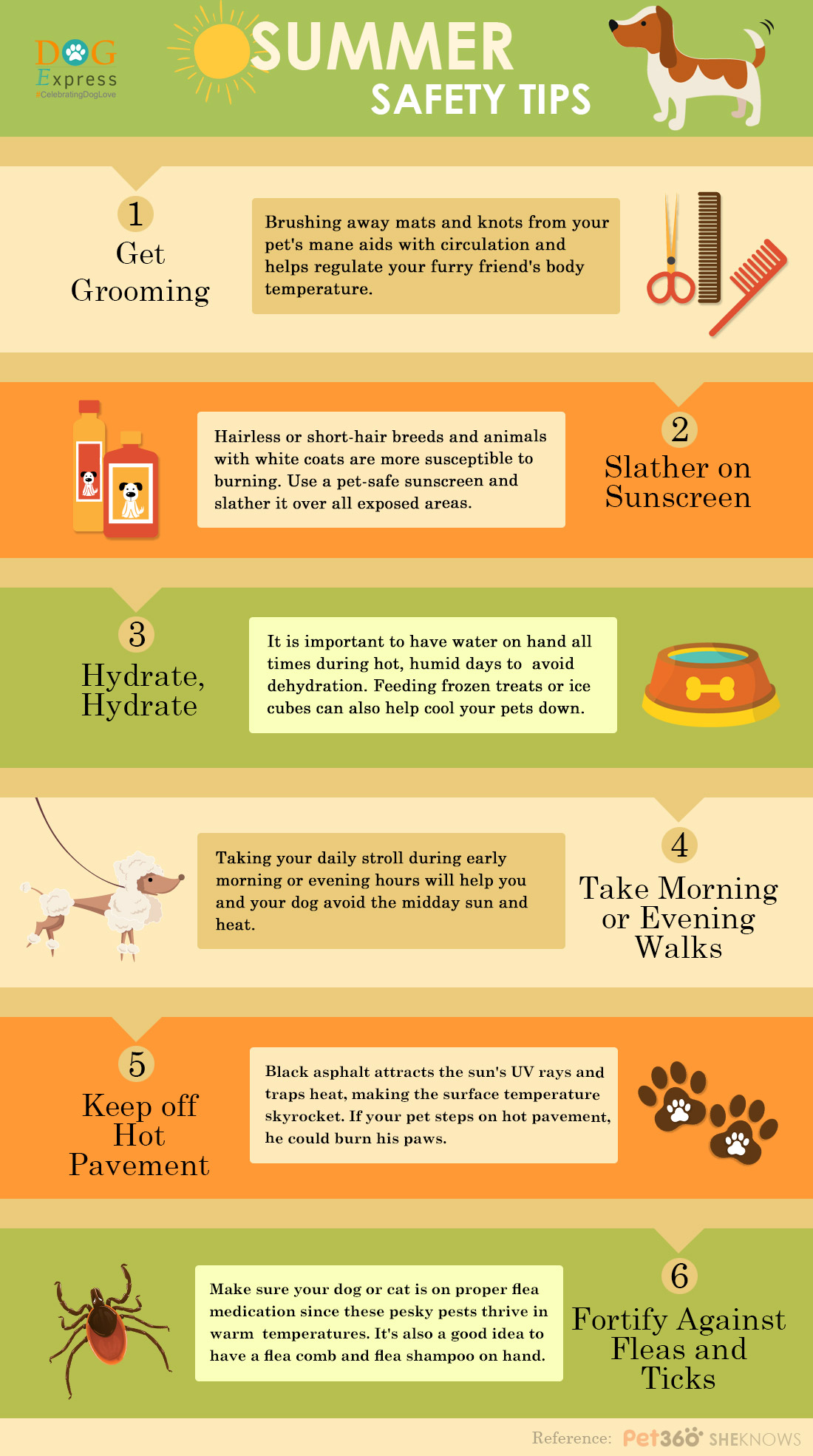Dog Daycare And Vaccinations
Dog Daycare And Vaccinations
Blog Article
Can Pet Daycare Reason Disease?
Dogs in childcare receive great deals of exercise, socializing with other dogs and unique experiences. This can be specifically practical for young puppies and dogs with behavior problems.
There are numerous lawful factors to consider you require to consider when starting a dog childcare business. These include the structure of your company and conformity with federal government laws.
1. Pooch Distemper
Canine distemper is spread through direct contact with the bodily fluids and waste of an infected pet dog, yet it can additionally be sent via shared water and food bowls or through airborne droplets. This highly infectious disease is most hazardous for pups, yet it can influence pets of any age and is deadly for the majority of if left untreated.
Initial symptoms of canine distemper typically simulate a cold, including drippy eyes and nose with watery or pus-like discharge. As the illness advances, a pet dog will establish fever, coughing, minimized hunger, vomiting and diarrhea. The virus can also attack the nervous system, resulting in seizures, twitching and partial or complete paralysis.
Reliable daycares decrease exposure to infection by requiring inoculations, regular health examinations and adhere to rigorous health procedures. If your puppy seems excessively exhausted or limping, a day of rest may aid him recoup, yet you need to stay clear of taking him back to day care up until these signs clean up.
2. Kennel Coughing
Kennel cough, additionally called transmittable canine tracheobronchitis or Bordetella, is an extremely transmittable viral or microbial illness that impacts the breathing tract. It's commonly moved via the exchange of saliva or air droplets that a sick dog breathes out. Social pets go to higher risk for infection due to their constant communication with one another, such as when they play, share food or water, sniff each other or merely satisfy in a congested environment like a dog park or childcare.
One of the most typical symptom of kennel coughing is a consistent and powerful cough that seems like something embeded the throat or retching. Typically, canines will certainly divulge frothy white phlegm. If left untreated, a pet can create pneumonia and be at serious risk permanently.
A credible day care facility need to have rigorous cleaning and sanitation methods, sterilize all toys, food and water bowls consistently, and be open regarding their vaccination plans. Maintaining your canine approximately day on their vaccinations, especially for bordetella and canine flu, will significantly reduce their opportunities of contracting the ailment.
3. Parvovirus
Canine parvovirus, or parvo, is an extremely contagious viral ailment that can be lethal for puppies and young person canines with inadequate body immune systems. It's most commonly spread out by direct contact with infected canine feces-- which can happen when pet dogs dog boarding and training sniff, lick, or preference infected feces-- and indirectly from infected individuals, objects, or settings (like kennels, grooming areas and yards). Puppies and pet dogs without complete inoculation histories are specifically prone to parvo.
The virus is very durable, enduring in the environment for approximately nine years, and can conveniently be transferred in between canines by call through feces or on footwear, clothes, and bed linens polluted with parvovirus. Otherwise treated immediately with IV liquids, electrolyte balance, throwing up control medications and prescription antibiotics to prevent additional bacterial infections, a pet dog will swiftly dehydrate and create severe looseness of the bowels, which leads to shock and blood poisoning. Parvo is difficult to treat as soon as a canine has actually become ill, however with appropriate veterinary treatment, many young puppies do endure this disease.
4. Pooch Influenza
Dog flu virus is extremely transmittable and spreads with straight contact, sharing food and water bowls, licking or nuzzling various other pets, with air-borne beads, and through polluted surface areas. Vaccination works in lowering the risk of infection and episodes.
Most impacted pets develop a moderate respiratory system infection with a cough that lasts 1-3 weeks. They may additionally have nasal and ocular discharge, sneezing, and lethargy. Several of the most major instances result in pneumonia and a high fever.
If your canine shows any of these symptoms, do not bring them back to day care till they are healthy. If your pet dog is revealing signs of extreme tiredness or hopping, talk to your vet today and make certain they get on good health supplements to assist construct their immunity. A vet will assess your pet dog for signs of the influenza by taking an example from the nose or throat, and blood examinations can be done to validate.